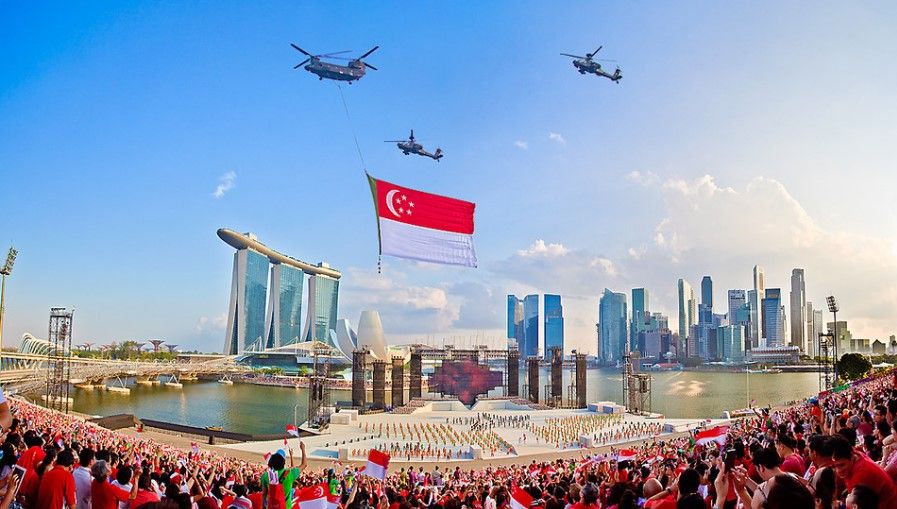
In the second quarter of 2025, Singapore’s duopoly in the integrated resort (IR) arena—Resorts World Sentosa (RWS) and Marina Bay Sands (MBS)—saw a widening chasm, one that raised eyebrows across the investment community. JP Morgan, in a scathing analysis, highlighted that RWS had slipped to an all-time low market share of just 28%, marking the first time it dropped below 30% in its history of competition with MBS.
This downturn shows up starkly in RWS’s Q2 performance: gaming revenues fell by 8% quarter-on-quarter to SG$401.9 million (US$313 million), while Adjusted EBITDA dropped 7% to SG$235.8 million (US$184 million). In contrast, MBS posted staggering results—JP Morgan noted that in just Q2, MBS generated SG$1.0 billion (US$778 million) in EBITDA, about the equivalent of what Genting Singapore expects to earn over the entire full year. A 87% vs 13% profit share split—an imbalance JP Morgan called “strikingly large” and “surprisingly low” for a so-called duopoly market.
JP Morgan indicated that the performance slump at RWS is partly due to disruption from its extensive renovation and expansion efforts—including attractions like the Oceanarium, the WEAVE retail precinct, and the upcoming Laurus all-suite hotel. While these investments aim to rebalance RWS’s fortunes, JP Morgan doesn’t expect meaningful improvement until 2026.
On the optimistic side, Maybank Research’s Samuel Yin Shao Yang suggested a brighter outlook. He pointed to the upcoming hotel opening and the appeal to premium VIP and mass-market gamblers as critical to reclaiming lost ground. “The opening of the Laurus Hotel will enable Genting Singapore to house more VIPs and premium mass gamblers and hopefully regain market share … especially in the mass market—which hit a new low of 25% in 2Q25,” Yin noted. He also expressed confidence in leadership changes—under CEO Lee Shi Ruh—as a potential turning point.


 Content Writer: Janice Chew • Monday, 25/08/2025 - 02:18:19 - AM
Content Writer: Janice Chew • Monday, 25/08/2025 - 02:18:19 - AM